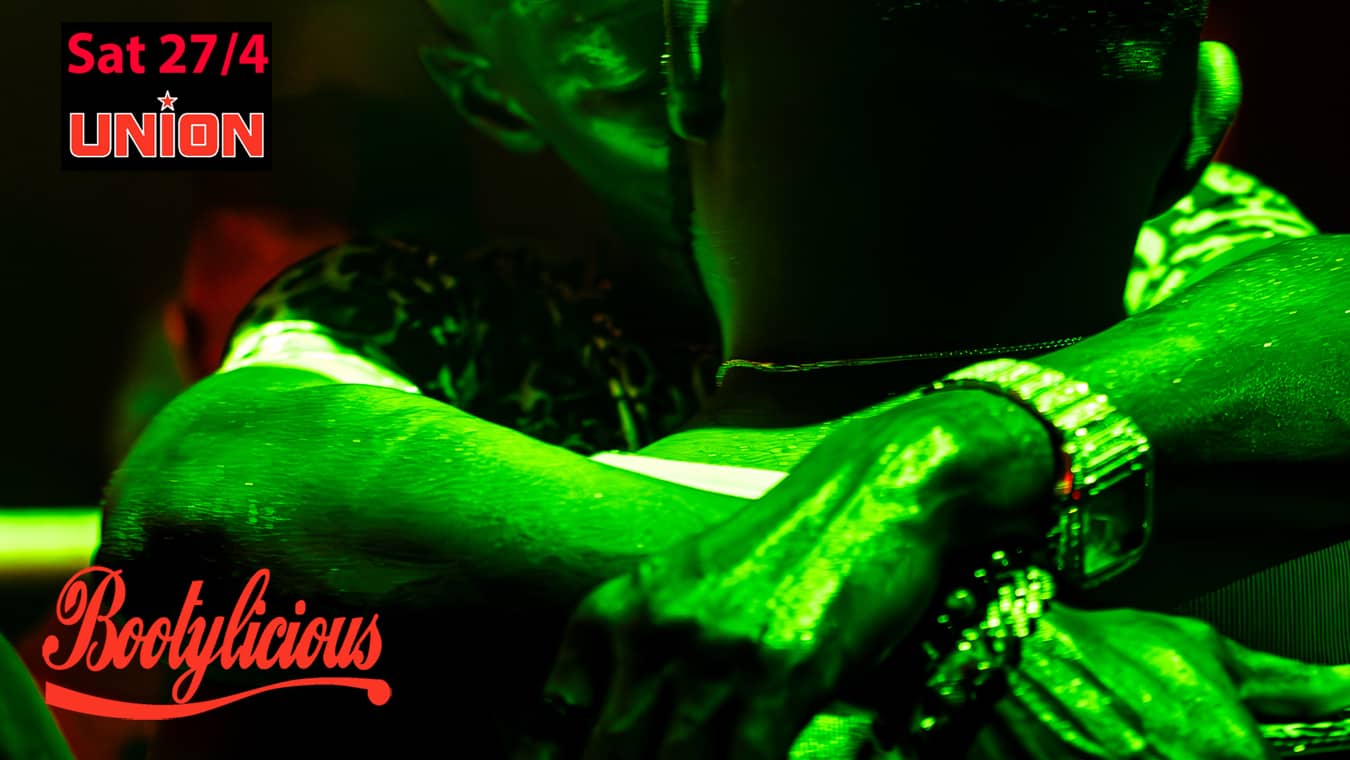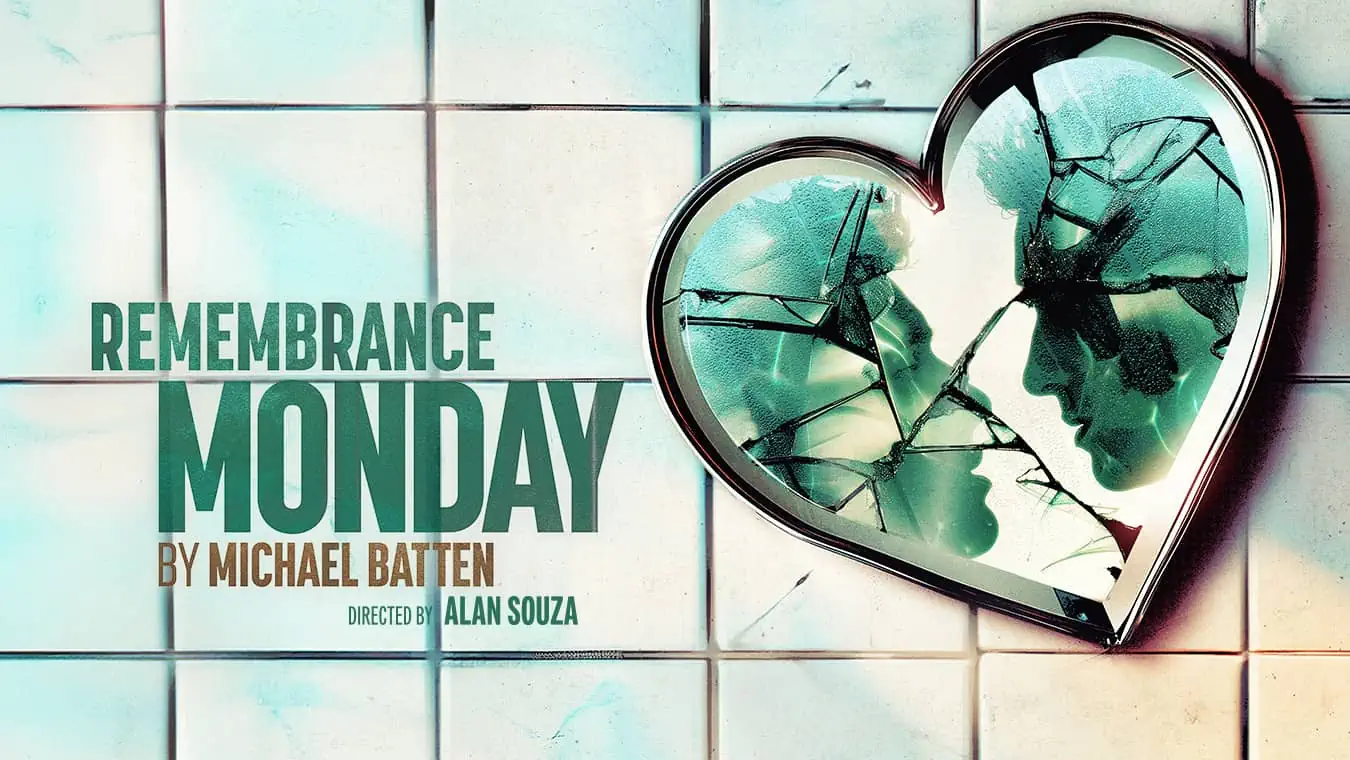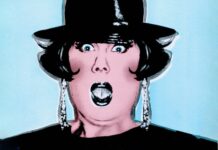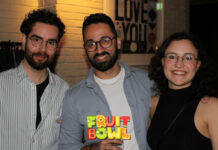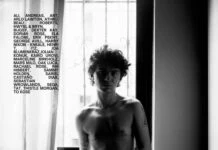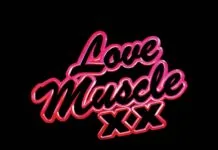The Queer Eye star talks representation, mental health and more
The number thirteen is considered unlucky by many, but not by us. It’s the number of songs on the deluxe edition of Lily Allen’s 2009 album ‘It’s Not Me, It’s You.’ It’s the age of Stranger Things star and fashion icon Millie Bobbie Brown. And it’s the amount of questions we happened to ask Karamo Brown.
He’s one of the stars of Netflix’s sunny, life-affirming reboot of Queer Eye. It’s fast becoming one of 2018’s biggest shows, gaining adulation from critics and audiences alike, offering a paisley-printed ray of sunshine in a world of grey grittiness.
The boys offer not just style advice, but more general life lessons. Karamo is the show’s Culture Expert, and offers guidance on everything from exercise to empathy. As Queer Eye announces it’s been renewed for a second season, we spoke to Karamo about representation, mental health and more.
Hey Karamo – Firstly, tell us a bit about yourself…what was life like before you got involved in Queer Eye?
I’m a single father of two boys and I love making and producing TV. I’m first generation American, both of my parents are Jamaican and I was a social worker for many years before transitioning into TV full time about four years ago.
And what’s life been like since Queer Eye’s phenomenal success?
Everything I dreamed it would be. People from all walks of life come up to me throughout my day to tell me how inspired they feel by our show. It fills me with an overwhelming sense of love and pride. It’s so great to be recognized for something good. Also, not to mention the celebrities that I have looked up to for years are contacting all of us to tell us how much they love the show. Chrissy Teigen was the one I was most excited about.
It’s all been so sudden…has it been difficult getting your head around it?
Not really, because I’ve been working for years on different TV shows. Each moment has brought me to where I am today.
People were surprised when Netflix announced they were relaunching a show like Queer Eye in 2018. Did you have your own reservations?
No, because I loved the original show. I was nervous of how the public was going to receive us. But the guys and I made the decision to be our true authentic selves from the first day, hoping people would appreciate that, and thank God they have.

I came into on the casting process in the final few weeks. They’d found a hundred or so guys out of a pool of thousands from around the world, to come to a three- day chemistry test audition. They paired us up with different people. And from day one, the Fab Five you see today loved and supported each other. We think that’s what helped us get the job.
How did you guys choose which people to go and help?
We didn’t have a say in which guys were selected. We have an amazing producing team that does that. But we did get to pick everything else. What we do with the guys is 100% our choice. No one is forcing us to do anything. We decide as a group how we think we can help and then we go at it.
A lot of the show is focused on mental wellbeing. Do you think gay men are happy at the moment, or do you think there’s still a long way to go?
Mental health is important, and I think as humans we can all focus on it more. I think one of the things we try to encourage is checking in with yourself daily.
What do you think about the concept of “tribes”. Is it a bad thing to split the gay community into factions?
I love that we all have an opportunity to find people with common interest…it makes us feel accepted. But what I think is most exceptional about the gay community is that we always support each other when it comes to fighting for our rights.
The new cast of Queer Eye is much more diverse than before…what do you think about POC representation in the media at the moment?
Representation is always important, whether it’s based on race, sexuality, gender expression, etc. I love the progress we’ve made, but am hopeful that the opportunities in the media (both in front of the camera and behind) will become more equal each day.
Let’s talk about America. What thoughts do you have about American society as a whole right now?
I’m watching people become more afraid to reach out to their neighbors daily, because we believe we are more different than we are alike. But when people find the courage to speak to each other with love, compassion and an open ear, we realize we can find common ground.
There was quite a tense moment in the show where you guys got pulled over by the policeman…tell us a bit more about that.
I’m so happy that happened. For once, people around the world got a glimpse of what it’s like for communities of colour when they get stopped by the police. There is real fear there. But I’m also happy that people got to see that with an open heart, we can have conversations that can hopefully bring us all together.
What was the most emotional moment of the show for you?
It was watching AJ share with his stepmother his truth regarding his sexuality. That is something the guys and I can all remember having to do. It’s a crippling fear, and I was so happy to see him face it and come out on the other end happy.
Finally…SEASON 2! Tell us about that. And tell us what’s in store for you
I will continue to make sure I use my platform to engage in culturally relevant conversations with people that need to connect.
Queer Eye is out now on Netflix



